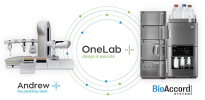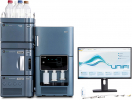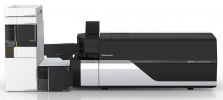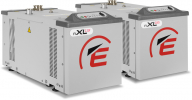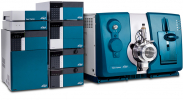Agilent Technologies has introduced the Agilent Forensic Toxicology Application Kit for its liquid chromatography/hybrid quadrupole-time of flight mass spectrometry (LC-QToF MS) systems. The application kit allows users to quickly and easily set up screening experiments that produce high-confidence results.
“We’ve been working closely with customers and experts in the field of forensics and toxicology on this application kit, and are sharing our experience for the benefit of a wider customer base,” said John Fjeldsted, general manager, Agilent LC/MS business. “This kit combines the specificity of an accurate mass database with the additional confidence of high-quality, accurate mass MS/MS spectra in a personal compound database and library (PCDL). The kit is a complete package with recommended methods and application note.”
The database and library, called the Broecker, Herre & Pragst PCDL, was developed in collaboration with the Institute of Legal Medicine and Forensic Sciences at the Charité Universitätsmedizin Berlin.
“The use of accurate mass and isotopic pattern from the molecular ion significantly increased the confidence for identifying toxicologically and forensically relevant compounds compared to using UV spectra," said Professor Dr Fritz Pragst, creator of the well-known Pragst Forensics UV spectral library. "The addition of accurate mass MS/MS spectral library search provides even more confidence of results by discriminating between the large number of possible structural isomers.”
The Forensic Toxicology Application Kit is designed to be used with an Agilent 1200 Series RRLC or 1290 Infinity UHPLC and an Agilent 6500 Series Accurate Mass Q-ToF LC/MS system. The kit contains everything needed to perform forensic or toxicology screenings:
- accurate mass PCDL with more than 6500 compounds;
- MS/MS spectra for more than 2500 compounds at three collision energies to reduce or eliminate false positives;
- LC column and analysis methods;
- DVD with method and data files, application note and quick-start guide, speeding startup by showing examples of analyses; and
- MassHunter PCDL software, which allows content to be easily viewed and edited (e.g., adding compounds and MS/MS spectra). The software makes it easy to create custom databases, for smaller and more specific suites of analytes compiled to specific requirements.


